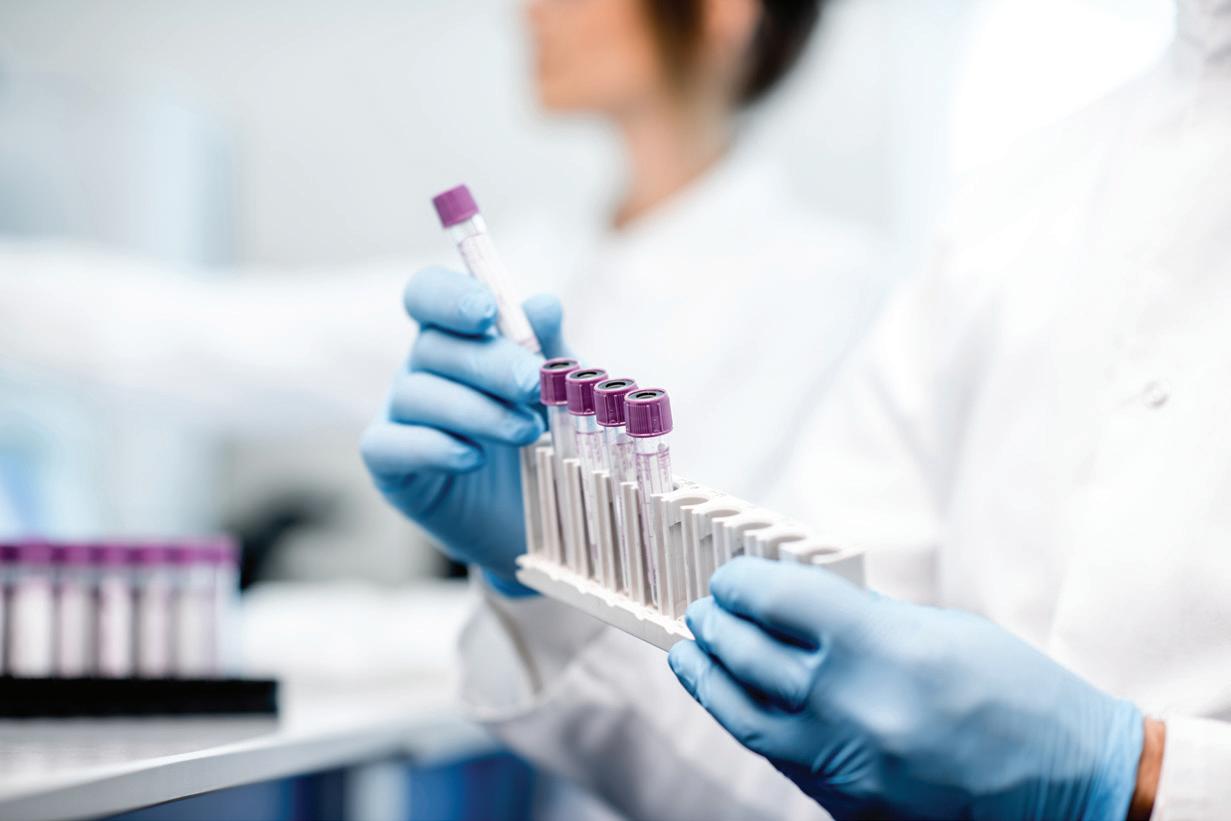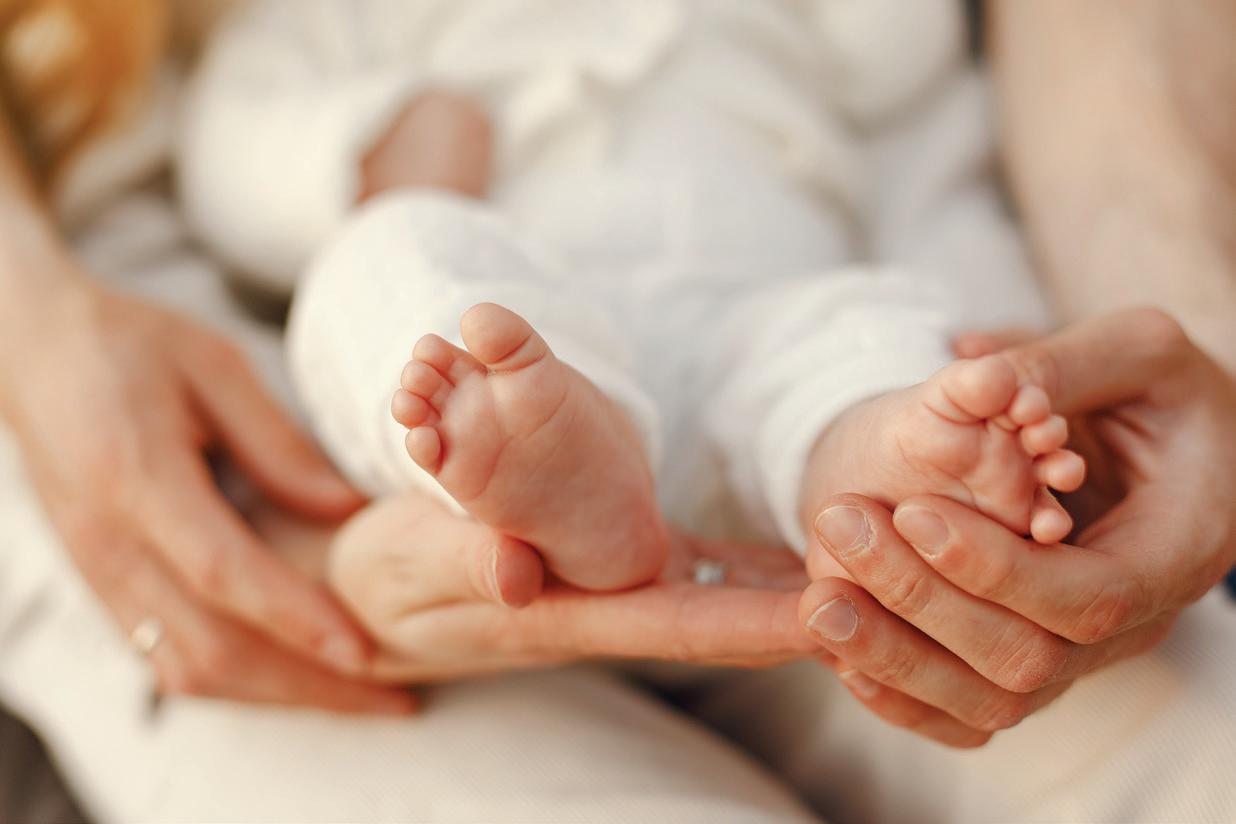








After a cycle of IVF or ICSI, a patient may have supernumerary embryos that were not used during the treatment. These embryos do not have to be discarded, we can vitrify (very fast freezing) them for use in the future, either for another attempt at treatment if the first was unsuccessful, or for subsequent pregnancy attempts after a successful pregnancy and birth.
We recommend that you chose to freeze any supernumerary embryos rather than opt to go through addition al IVF/ICSI cycles again, as we will only freeze embryos that our embryologists have deemed to be of good quality and have the potential to result in a preg nancy.
Embryologists use a process called cryopreservation to freeze embryos. Cryopreservation involves cooling embryos to extremely low temperatures, typically around -196 degrees celsius using a technique called vitrification.

Here is a step-by-step overview of how embryologists freeze embryos:
the embryos from damage caused by ice crystal formation during freezing. The embryos are gradually exposed to increasing concentrations of cryoprotectants in a controlled manner to allow for proper equilibration. Before freezing, embryologists select the embryos that are deemed suitable for cryopreservation.
To prepare the embryos for freezing, they are placed in a series of solutions containing cryoprotectants. Cryoprotectants are substances that help protect
Once equilibration is complete, the embryos are carefully loaded into small, specialised containers called cryostraws or cryovials. These containers are designed to protect the embryosduring freezing and storage. The loaded cryostraws or cryovials are then

submerged directly into liquid nitrogen, which rapidly cools the embryos and cryoprotectants to a temperature low enough to prevent ice crystal formation.

ReproMed Ireland is the first clinic in Ireland to have a licence for open system vitrification, the best way to vitrify embryos and eggs.



4
After vitrification, the cryostraws or cryovials containing the embryos are transferred to long-term storage tanks filled with liquid nitrogen. These tanks are specially designed to maintain a constant temperature of -196 degrees celsius and ensure the embryos remain in a frozen state.
5
When the embryos are needed for future use, the cryostraws are carefully removed from the storage tank and rapidly thawed. The embryos are then transferred to a culture medium where they are gradually warmed to normal body temperature.
Tell me about the tanks where my embryos are stored?
Your embryos have our staff on-call 24 hours a day, 7 days a week, 365 days a year! We have extremely advanced temperature monitoring systems attached to the tanks that house your embryos. These are tanks that contain liquid nitrogen at -196 degrees celsius. Any change in temperature triggers an alert to our laboratory staff who have a response plan in place in order to make sure the safety of your embryos is prioritised at all times.
How long can embryos stay frozen?
Indefinitely if you wish. Because of the evolving wishes of our patients as their lives change, we contact you annually to check that you still wish for the embryos to remain in storage with us.

we typically charge for storage on an annual basis. We recommend that patients consider when they are freezing embryos, the age at which they may
embryos in different scenarios. It is a very personal and sensitive issue and one which we recommend all couples and individuals consider carefully.
Yes! In fact freezing techniques have advanced so much that pregnancy rates are practically the same whether you use fresh or frozen embryos.


We charge €750 for embryo freezing and storage because of the time, equipment and consumables that are involved in the process. This includes the first year of storage.
There is a fee of €450 per year therea fter and we ask our patients to sign a consent confirming that they wish to keep them in storage. If a patient no longer wishes to keep their embryos in storage, we often ask that they consent to allow us to use the embryos to train our trainee or junior embryologists.



ReproMed is a recognised training facility for medical and clinical students. If you have any issues or
concerns with the education of students during your treatment cycle, please inform one of our staff.
ReproMed Dublin
5th Floor Rockfield Medical
Campus Northblock, Dundrum, Dublin 16, D16 W7W3
ReproMed Galway
Brooklawn House Galway
West Business Park, Rahoon, Galway, H91 CRN2
ReproMed Cork
Unit 6, Classes Lake Retail Centre, Ovens, Co Cork, P31 HY36
ReproMed Drogheda
Unit 2, 1st Floor, Dublin Road, Drogheda, Co. Louth, A92 EHOX
ReproMed Kilkenny (0818) 222 404
Ayrfield Medical Park, Granges Rd, Kilkenny, R95 FE0H